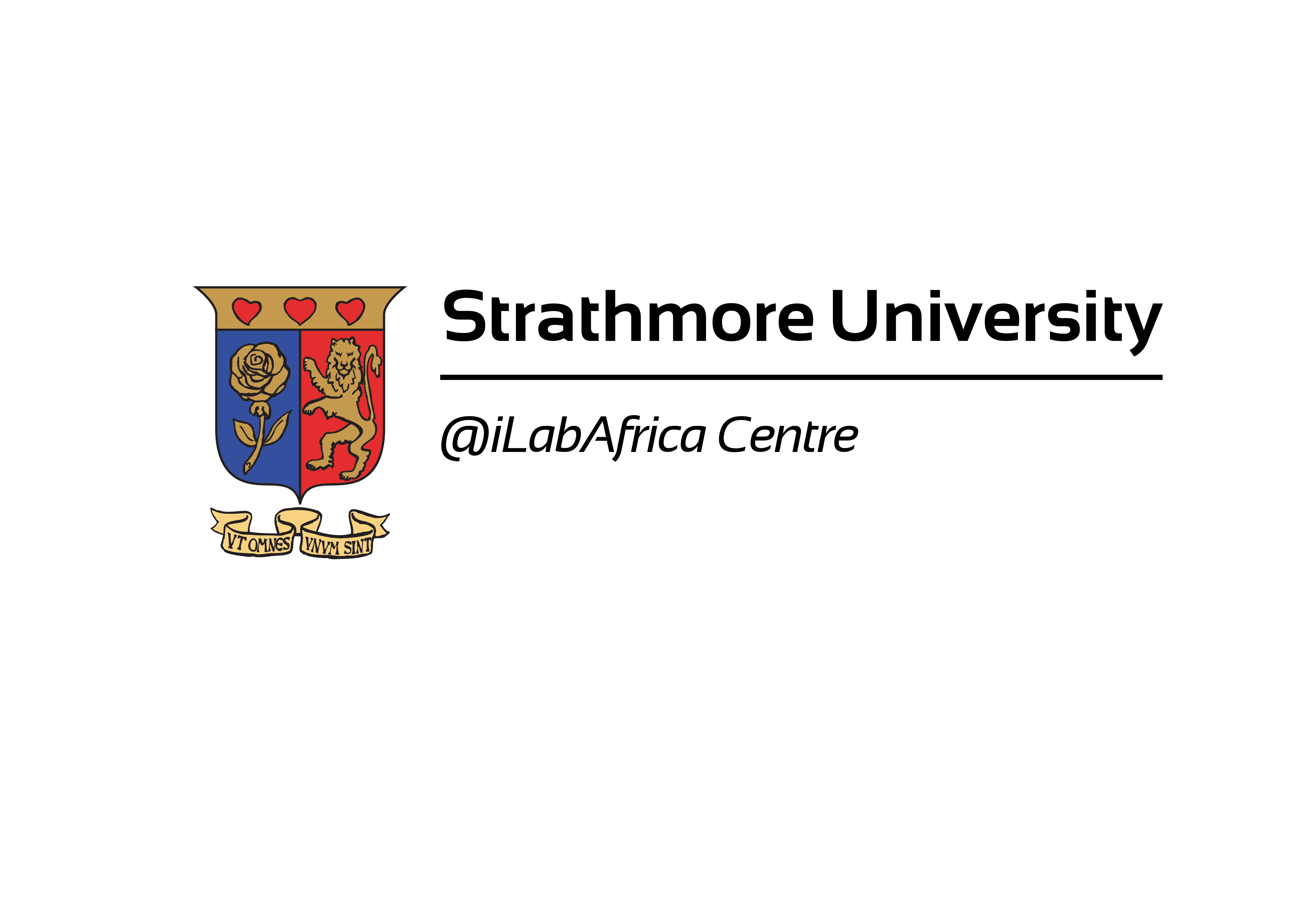
Research and Innovation
@iLabAfrica is a center that spearheads Research and Innovation in the ICT for the Development (ICT4D) ecosystem towards the attainment of the UNDP Millennium Development Goals (MDGs) and Kenya’s Vision 2030. Its focus areas are on ICT Research and Innovation, Incubation and Entrepreneurship and ICT Policy Research. @iLabAfrica has established a number of research and innovation themes to address different challenges and opportunities.
Among this is the e-Health/m-Health Center where Health Informatics research is conducted and development of innovations incorporating emerging Information and Communication Technologies that address the challenges of information and evidence-based healthcare management in the public health sector.
ehealth/mhealth Research and Innovation Projects
Implementation of Open Source Lab Information System(BLIS) in District/county level labs in Kenya
Public health diagnostic laboratories perform a core function in the correct diagnosis and effective treatment and prevention of illness. The laboratories in Kenya like many in developing countries are overwhelmed by the extraordinarily high demand for tests whereas they are poorly equipped and understaffed. Through a joint collaboration with the Centers for Disease Control and Prevention (CDC), Association of Public Health Labs (APHL), IBM Research Lab and the Ministry of Health. System is fully integrated to the hospital EMRS (Electronic Medical Records Systems) to automatically receive lab test requests from clinicians and return results. The system tracks the movement of specimens providing respective turn-around-times for tests; was interfaced with the Analyser/ instruments; and provides individual workload monitoring, test reporting and quality control documentation.
Cervical Cancer Risk Awareness Research and Education Programme
Cervical cancer continues to be one of the greatest threats to women’s health globally. It is the second most common cancer worldwide and the leading cause of cancer-related deaths among women in developing countries. The incidence of cervical cancer is 53 per 100,000 women in sub-Saharan Africa.Through collaboration with the IBM research lab –Nairobi, the Ministry of health, Kenya, @iLabAfrica has embarked on a journey to develop and implement technologies that help the Ministry of Health (MOH) in Kenya to monitor, treat, and prevent cervical cancer. The vision of this work is to enable evidence-based decisions tackling head on the issues of disparate, incomplete and inaccurate data. By combining cognitive computing and analytics power, it has developed a model for cervical cancer incidence, based on well-established epidemiological models incorporated into a state-of-the art Bayesian model. The model combines both health and associated risk factors with specific intervention actions, and disease progression.
The project has implemented a program that leverages the access and commitment of University students to their respective communities to raise awareness of cervical cancer, and at the same time, collect valuable data and insights into the demographics and awareness of the cervical cancer across the country.
Drug Resistance and Microbial/Viral Mutation and Resistance for Africa
Resistance has significant impact on treatment of major disease priorities in Africa including malaria, tuberculosis, and HIV; as well as other uses of antibiotic drugs to treat diseases. The need for predictive work on possible outbreaks of certain conditions is exemplified by the current crisis of Ebola in West Africa.
Africa’s leading position in adoption of smarter mobile technology represents a clear opportunity to collect and synthesize laboratory test data to capture resistance and inform better intervention programs.
The proposed solution is to leverage on the BLIS system to collect and collate disparate, dis-aggregated data from the microbiology module across all the district level labs and through the use of smart phones develop responsive alert and surveillance systems. The information generated can be consumed and analyzed across various levels of stakeholders. This project is at the initial stages and will be implemented in 2015/16.
mHealth4Afrika – Community-based ICT for Maternal Healthcare in Africa
This three-year collaborative research and innovation project aims to research, implement, pilot and evaluate the impact of a multilingual, integrated mHealth framework designed to strengthen Maternal and Newborn healthcare delivery at health clinics in Ethiopia, Kenya, Malawi and South Africa. This project will leverage a User-centered Design, Living Labs, Collaborative Open Innovation based approach, which will address the needs and expectations of local end-user communities (i.e. representatives of parents and local community leaders, Ministry of Health and healthcare professionals and volunteers), through a consultative and transparent co-design, monitoring and evaluation process.
This research and innovation project is focused researching how the implementation, integration and adaptation of appropriate technologies (including multimodal mobile interfaces) can assist in strengthening healthcare delivery in urban, rural and deep rural clinics across Africa, based on addressing end-user requirements in Southern Africa (Malawi, South Africa), East Africa (Kenya) and Horn of Africa (Ethiopia).



